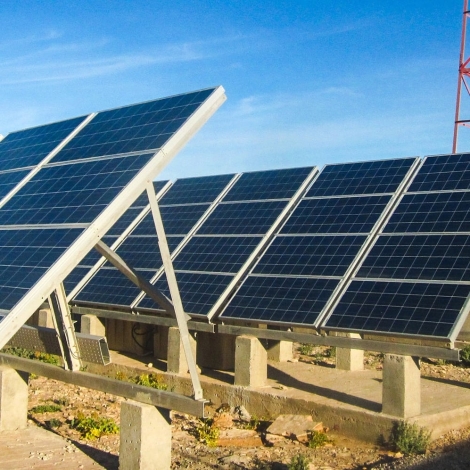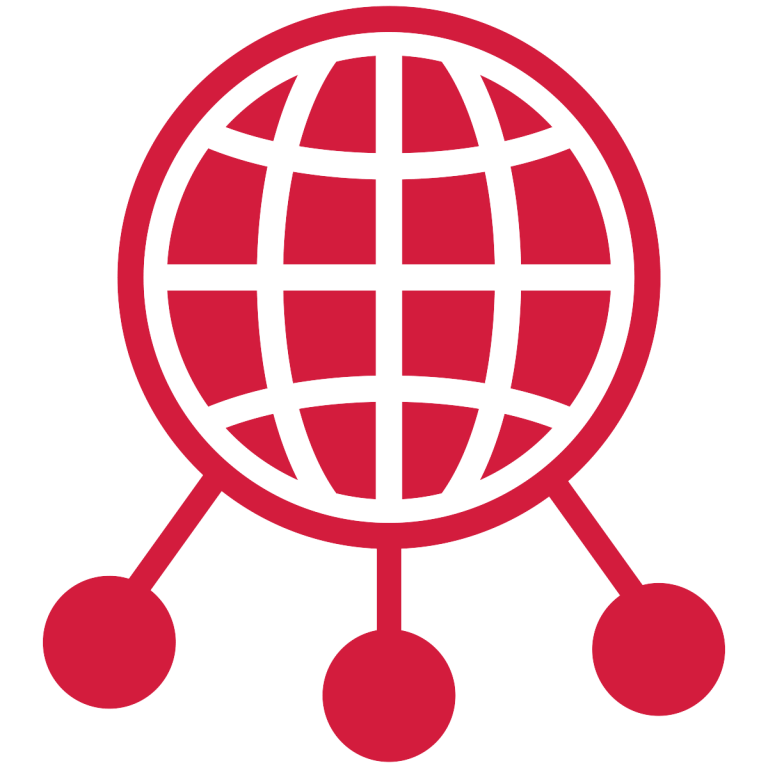More than half of the world’s population does not have basic Internet connectivity and adoption rates are declining. The challenge in providing access is complex and multifaceted. Barriers on the supply side include rough terrain in rural areas and weak electrical, transport and telecommunications infrastructure. On the demand side the obstacles are a lack of awareness of the benefits of the Internet, lack of relevant content in local languages, low rates of literacy and numeracy, lack of access to e-commerce platforms and the absence of training in ICT skills. Existent inequalities also widen the digital divide, as the poor are often unable to afford an Internet connection.
The goal is an easily searchable database where people can access evidence on technologies and business model deployments globally.
Several businesses, governments, and public interest organizations are trying to address these challenges. Their strategies range from technological innovations using TV White Spaces and solar-powered kiosks, to community-based networks, to digital literacy training for relevant communities. These initiatives are generating a lot of data, such as the contexts that they operate in, the challenges they face, and the impact that they have. But that information is not being collected in any systematic way. There is immense potential for this data to inform other organizations’ work and prevent the reinvention of the wheel.
1 World Connected is a research project based out of the Center for Technology, Innovation and Competition at the University of Pennsylvania Law School that seeks to address this yawning data gap. In the last few months, we have curated a catalog of more than 600 such initiatives engaged in connecting unconnected communities, and developed case studies on a handful of them. The aim of the database is to provide a broad overview of all the initiatives that are underway globally, highlighting the diversity in approaches that are being deployed. The case studies highlight some of the unique challenges that these efforts face, as well as the real impact that they can have on the ground. The initial pilot case studies cover a range of demand- and supply-side initiatives, from both the developed and developing world, that show the impact that Internet connectivity can have on expanding access to better healthcare, education outcomes and job opportunities.
The case studies cover a range of initiatives that show the impact that Internet connectivity can have on healthcare, education outcomes and job opportunities.
Connectivity and electrical power provided by Econet Wireless’ greenfield cell towers in Zimbabwe has helped vaccinate over 250,000 children in Zimbabwe already. Energize the Chain, in partnership with the Bill and Melinda Gates Foundation, USAID, and the Zimbabwean Ministry of Health, installed refrigerators to preserve the vaccine cold chain, built health clinics near the cell tower sites, and monitors vaccine stock using the available cellular connectivity in more than 100 remote villages. Other case studies highlight how Internet connectivity has enabled artisans to sell their crafts in rural India, provide information on local agricultural markets in Papua New Guinea, educate young Tunisians, and save lives in remote islands in Vanuatu.
Over the course of this year, we plan to develop case studies on all 600 initiatives that we have identified thus far. The goal is to provide an easily searchable database where people can access evidence on innovative technologies and business model deployments globally, what has worked, how different organizations have surmounted the challenges that they faced, and contextual policies that play a role. This evidence base will be enriched by collecting survey data in some of these communities to measure impact on various measures of health, education, and gender empowerment. Bridging this data divide can effectively channel investment to accelerate broadband adoption, and help more communities reap the benefits of Internet connectivity.
Sharada Srinivasan is a Research Fellow working on 1 World Connected at the University of Pennsylvania Law School’s Center for Technology, Innovation and Competition.


excellent article, and great to see such a positive INITIATIVE adding to the good work already being done in this sector.